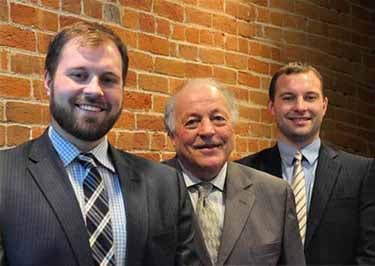Farming can be an unpredictable profession. Even those who have lifelong experience working a particular patch of land or growing a specific crop could experience catastrophic failure due to factors beyond their control.
Large-scale infestations of crop-consuming pests, droughts, blight and countless other factors could lead to the total loss of a crop or at least a massive diminishment of the return on investment for the farmer that season.
With financed equipment, financed seeds/rootstock and mortgaged farmland, farmers could quickly find themselves in over their heads without any upcoming income to help them handle their debt. Chapter 12 bankruptcy provides farmers with an opportunity to reduce their debt while still protecting their farm and agricultural enterprise.
There are limits to the debt you can discharge
Bankruptcy typically allows for the discharge of unsecured debts. Individuals can often also use their bankruptcy as a means to renegotiate unsecured lines of credit as well. In order to determine if Chapter 12 will work for an individual, that person should first look at their debts.
The total amount of debt claimed by a farmer in a Chapter 12 filing should not exceed $4,153,150. When looking at the individual debts, at least 50% should relate to the farm itself. If more than half of your debt is not related to the farm, if your total debts exceed the current limit or if more than half of your income comes from outside of farming, Chapter 12 may not be right for you.
However, if your debts are within the current restrictions, Chapter 12 bankruptcy can help you recover from a bad season or even several failed crops in a row. If you follow a repayment plan, you can potentially discharge the remaining balance of your unsecured debts after three to five years of payments.
Getting rid of unsecured debt can help you prioritize necessary payments
In some cases, the fact that you need to restructure your debt can be enough for major companies that have lent you money, such as the company financing your heavy equipment, to consider negotiating more favorable terms with you.
Even if they are unwilling to reduce your payments, change your interest rate or otherwise help you restructure the debt, you will at least free up assets that were previously used to repay unsecured lines of credit, such as farm credit cards. The money that would have gone toward those monthly payments can go back into your budget and help you cover the cost of machinery and farmland that are necessary for you to continue your operations.



